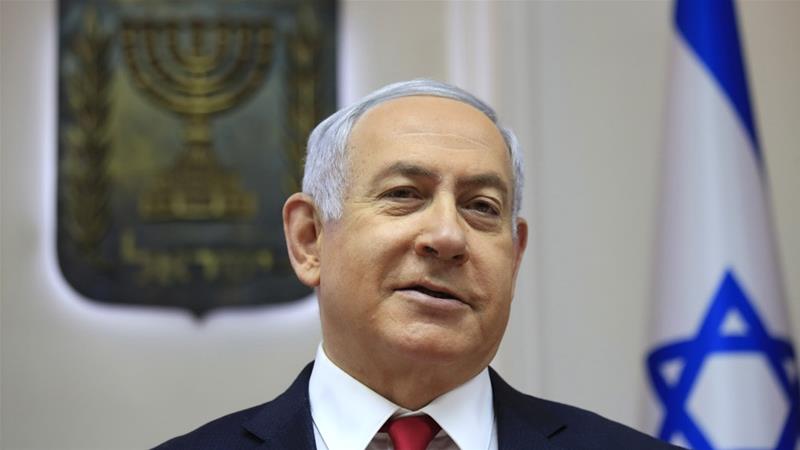Does the concept of great-power competition really capture today’s reality?https://t.co/l2nRnCy7KD
— Foreign Affairs (@ForeignAffairs) May 30, 2019
This Is Not a Great-Power Competition Great-power competition describes a specific pattern of relations between states—the sort practiced by the great empires and nation-states from the seventeenth through the early twentieth centuries. China’s rise as an economic and political power and Russia’s increasing assertiveness on the world stage have understandably fueled analogies to that time. But the emerging era does not match the patterns of the past. Treating it as though it does risks misunderstanding both the character of today’s threats and the source of the United States’ competitive advantages. .............. Great powers from Napoleon’s France to Bismarck’s Prussia to Wilhelmine Germany to the revisionists of the 1930s threatened one another with invasion and war. Military strength was the ultimate arbiter of such contests. ........ Each of these three elements—a multipolar system, a general disregard for rule-based constraints on behavior, and dominantly political-military forms of rivalry—is present during periods of great-power competition. Yet none of them accurately describes world politics today. ....... Today’s world thus reflects a complex mixture of unipolar, bipolar, and multipolar elements that does not match the classic vision of a colliding set of roughly equivalent great powers. ........ when states compete today, they do so mediated by institutions, rules, and norms that differ starkly from the conditions during most periods of true great-power competition. Most major powers today are firmly established industrial democracies that want stability and prosperity and harbor no meaningful territorial ambitions. A dense network of organizations, treaties, informal processes, and many other constraints regulates their relations. The postwar order, although imperfect, has produced the most highly institutionalized and norm-bound international system in history. Critically, this order is not imposed on an unruly set of troublemakers—it reflects deeply embedded economic preferences for peace, stability, and prosperity. ........ Japan, for example, does not fear India. ...... The European Union does not fear Brazil, which does not fear Mexico....... Today’s versions of rivalry and competition almost always play out in the economic, political, cultural, and informational spheres—not on the battlefield. ...... The strategy of the United States’ leading rival—China—is therefore to advance its interests primarily through economic, geopolitical, and informational means. ...... To see the state of international relations today as a new great-power competition is not only inaccurate but dangerous. ....... The United States would do far better to continue leading the group of nations that holds the predominant share of global economic and military power, is bound together by a dense network of institutions, and remains committed to certain norms, such as those against military aggression and economic predation. To abandon this role would be to walk away from the greatest competitive advantage any great power has ever known.
Netanyahu 'weaker' as Israel heads for new election For the first time in Israel's history, it will hold two national votes in a single year....... No single party has ever won a majority of 61 out of 120 seats in the Israeli Knesset, or parliament, making coalition governments the norm.
Saudi Arabia gathers Arab leaders over attacks on oil assets

No comments:
Post a Comment